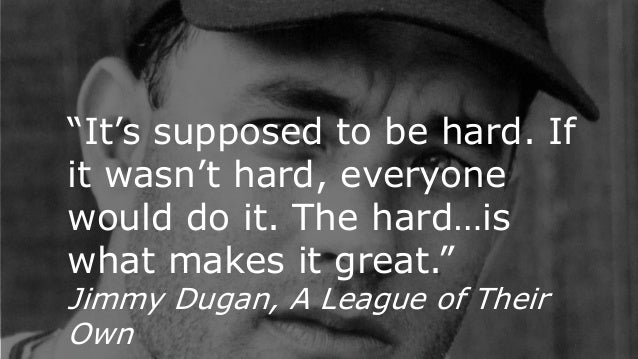If you're going to play a game, you have to learn and prepare for the rules. The people who do that are going to win the game more often. To make a bit of an absurd example... if you put a pro soccer team on a football field against even a good high school team, with no prep other than a quick explanation of the rules and making sure they're wearing their pads properly... The results ain't likely to be pretty, and (despite possibly a higher level of general fitness; soccer is an exhausting game!) they'll more likely than not get creamed.
If you want to win in tournaments, you have to adapt your training to the rules you'll be playing under. Sometimes, that's harder than others. Again, extreme example -- take a BJJ player to a point based karate tournament... Not going to work so well, is it? Unless a tournament supports classical forms, they aren't likely to do well against XMA style forms. My students would often lose form competitions because our system's forms are just too short, and some principles are too different. In sparring, if you're used to contact levels that get you eliminated for hitting too hard... well, you're set up for failure, aren't you.
Then there's sandbagging, like the black belt forms/purple belt sparring you described, or just outright not competing at the proper level so you can get the trophy... (Personally, compete at any event during a tournament as a black belt, you're competing in all of them as a black belt. And if the tournament circle is small enough, that runs across tournaments, too.) I've seen people compete as "novice" in kickboxing who have long boxing records -- because it's "their first kickboxing event." Or tournaments where, somehow, the host school seems to win most of the events... Bottom line -- there's always someone who feels that the win is what matters, not sportsmanship and character.
Honestly, the rising costs coupled with single elimination fighting rules (who wants to pay $50 or more to fight for 10 seconds as someone gets 3 points for things that wouldn't be effective if they actually had to make contact), and the final straw of sandbagging, is what led me to stay out of tournaments... Travel hours, pay a bunch of money, get one fight... and lose to a hand flip thing that's only going to work in a tournament setting... Not worth it...
But that leads me to what is your purpose in competing... For me, and when I take my students, it's the opportunity to perform under a different sort of pressure, and fight against people they don't train with every day. The "win" for my students isn't taking a trophy home -- it's whether I said they demonstrated the principles they've practiced. And for me, I "won" if my teacher said I did -- regardless of whether I took home a trophy or medal.

